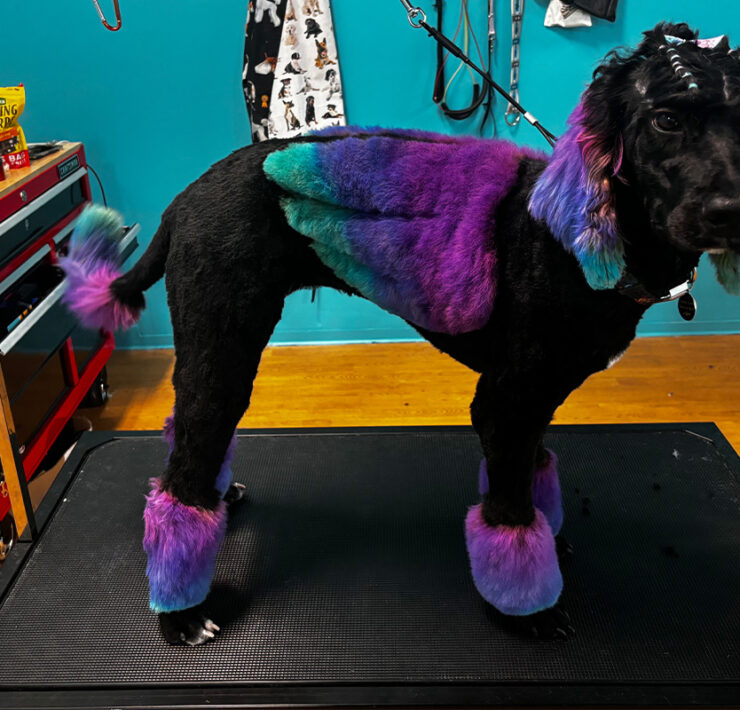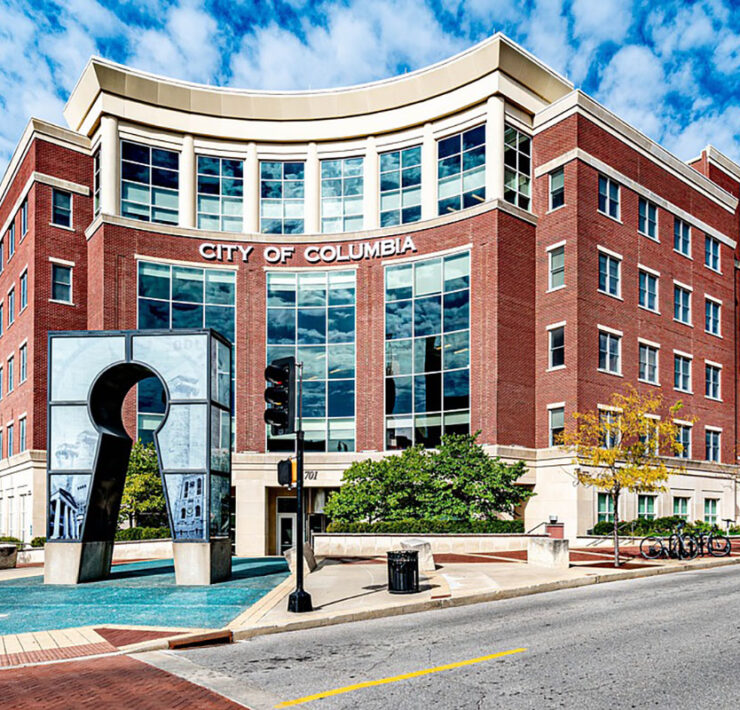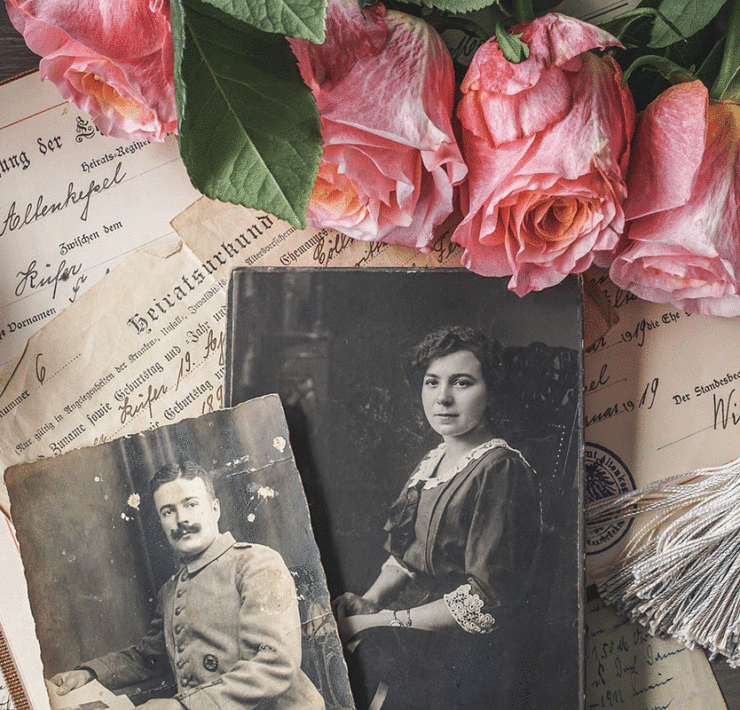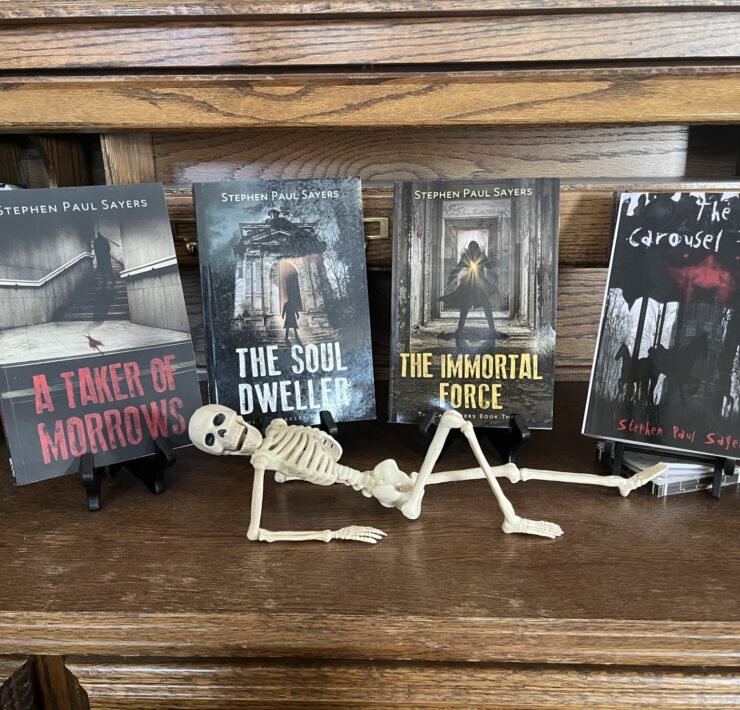New Moms Sing the Praises of Music
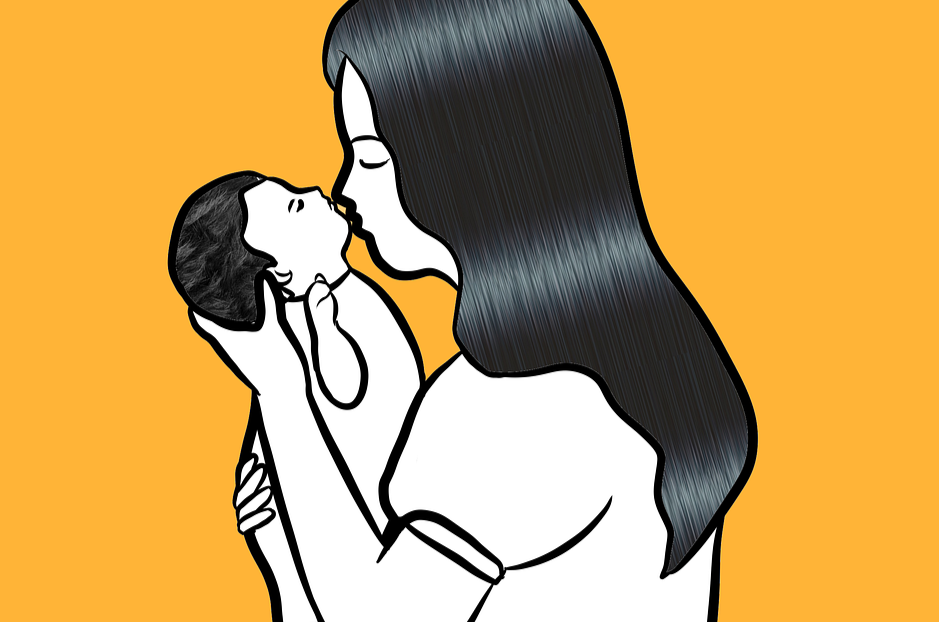
Across cultures and generations, music often plays a fundamental role in shaping who we are as people. Whether it is a part of our traditions or used to commemorate certain events, music carries deep significance.
That’s especially true for the life-changing – and life-giving – experience of childbirth.
“Music and birth just make sense,” says Anna Page, a Columbia doula whose own traumatic birth experience led her on a journey of healing that she now helps others travel.
“Music is a universal language – it goes beyond time periods, generations, languages,” Page explains. “There is something very primal about music, even if it is modern music. It speaks to the soul.”
It’s a conclusion that former Miss Missouri Shelby Ringdahl shares. Ringdahl, Miss Missouri 2013, said that she felt music was already connecting her with her son when he was in the womb.
“Music really connected Hudson and me from the get-go,” she said. During pregnancy as a performer, Ringdahl’s main job was growing a baby, but it was important for her to feel like she could still fulfill her professional aspirations. While pregnant, she performed in multiple shows; one in Columbia with the Missouri Symphony, and a solo cabaret show in St. Louis that was sold out.
At the end of the show, she said she could feel Hudson start kicking. She also co-directed and performed in “Merry ‘Ol Missouri” at the Missouri Theater. Pulling off that show as a pregnant woman was no small feat.
“To be able to be growing a human while singing with a symphony on stage, running around in my heels, dancing, changing costumes,” she continued, “it was empowering to be like, ‘Look, I can be a mom and do what I love to do.’”
Dr. Brittany Fatoma of the Mid-Mo Black Doula Collective credits her daughter’s love for music to how much singing and listening to music she and her husband did when her daughter was in utero. Dr. Fatoma became a doula after as the result of a traumatic birthing experience where she ended up almost dying due to preeclampsia during postpartum.
“I didn’t want anyone to have the lived experience that I did,” she said. Dr. Fatoma has four degrees: EDS degree in admin and leadership, EDD doctorate of educational leadership and policy analysis, and Bachelor’s of Science in elementary education. She believes her education and degrees pair so well with being a doula because she can meet and engage with parents before they have their child as “embracing your role as your child’s first teacher.”
“Music is a way and means for us to process, heal, celebrate, and find joy. Music is a part of everything that I do,” she said. “I used music during my own pregnancy journey and support others to do the same.”
Melissa Bohon-Webel described that experience.
“The sound of music touches an emotion that is indescribable. I can feel terrible, and during the song I feel terrible,” she said, “but I can give it to the song and be rejuvenated and clear of that pain.”
Bohon-Webe grew up in Columbia doing a lot of community theater and performed at Arrowrock Lyceum Theatre. Six months after graduating college, she was in Fiddler on the Roof on Broadway in New York. She was also an understudy for Glinda during the first national tour of Wicked.
Music has always been such a big part of her life, and it helped her heal through traumatic birthing experiences: Her first child was born stillborn, with her next three born by natural childbirth, c-section, and then natural again. Giving birth without medication, She latched on to the presence of calm music.
“You notice, you become aware of how music manipulates you emotionally. It became clear I could manipulate my emotions with music,” Bohon-Webe said. Music played a big role in recovering from delivering a stillborn. She recognized music as “a gift to be able to release emotions through music to where you are able to let it [the pain] go.”



